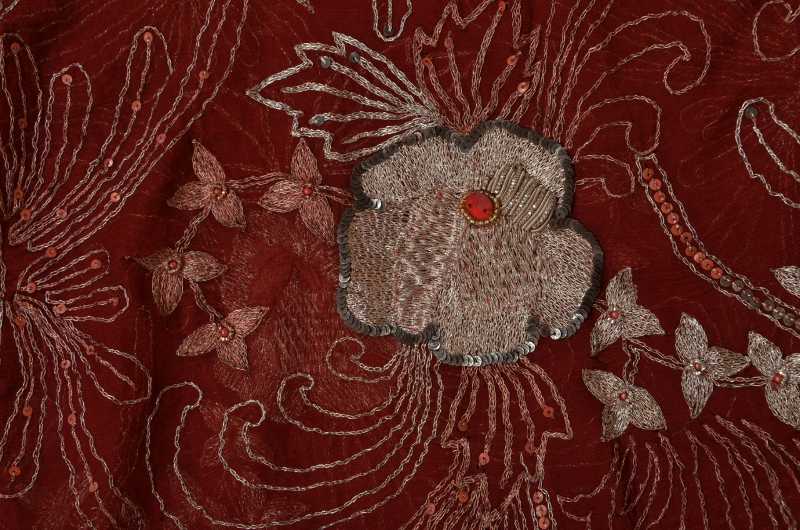===
0233,
8
===

=== |
 |
ko))ii to aabilah-paa dasht-e junuu;N se gu;zraa
;Duubaa hii jaa))e hai lohuu me;N sar-e ;xaar hanuuz
1) some blister-footed one passed through the desert of madness
2a) it goes on only/emphatically being drowned in blood, the tip/head of the thorn, now/still
2b) he goes on, only/emphatically having drowned in blood the tip/head of the thorn, now/still
FWP:
SETS == GROTESQUERIE
MOTIFS == DESERT; MADNESS
NAMES
TERMS == GROUND; MOODIn {99,4}, SRF provides a definitely less favorable opinion, and a slightly different reading, of the present verse. It's remarkable how rarely this happens.
Sometimes SRF seems to be reading the first line as one of those colloquial cases of the perfect used as a future subjunctive. The only reason to read it like this would seem to be an intuition about the larger context, since there are no hints at all in the line that we are meant to do so. Nor can I entirely correlate my readings of the second line with SRF's commentary. But then, that doesn't happen too often, either. But then when it does, sometimes we just can't figure out where the problem lies. He explains from his perspective, I inquire from mine, and sometimes we meet in the middle and sometimes we don't. This particular verse just doesn't inspire me to make great efforts in that line.
Note for grammar fans: For the second line I see two possibilities. (Of course, jaa))e hai is archaic for jaataa hai .) One possibility (2a) is a passive: ;Duubaa hii jaataa hai , 'only/emphatically being drowned', referring to the thorn-tip(s). The other (2b) is a kar-deletion: sar-e ;xaar ;Duubaa [kar] hii jaataa hai , 'only/emphatically having drowned the thorn-tip(s), he goes on'.